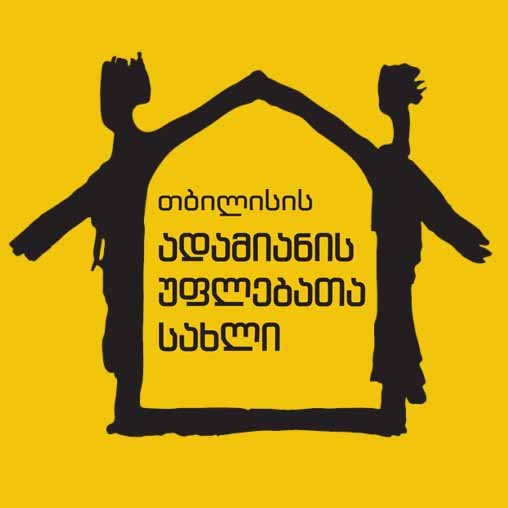Researches
PROHIBITED RIGHTS - LEGISLATIVE STANDARDS FOR THE USE OF NON-PERMANENT STRUCTURES AND TECHNICAL MEANS AND PROBLEMS OF EXERCISING IN PRACTICE, 2021
24.03.2021
Font size
Freedom of peaceful assembly is one of the foundations of a democratic society. It promotes public and informed debate on the issues important to society, respect for human rights and the rule of law.
Unfortunately, as in previous years, the restriction by law enforcement officers on freedom of peaceful assembly of protesters and on placing non-permanent structures (including protest camps) remains a challenge in Georgia. Recently, Human Rights Center (HRC) has identified several cases of restriction of the full realization of this right, which has a negative impact on the degree of democracy in the country.
The current Report is based on the reports prepared by HRC monitors. As a result of the observations and examinations of the protest rallies under the monitoring of HRC, a tendency was revealed that the erection of protest camps or other non-permanent constructions during the rally was restricted by the law enforcement bodies. In this regard, the rallies in front of the Parliament of Georgia on February 19-20, 2021 are noteworthy, when during the rallies, police officers did not allow the demonstrators to erect protest camps and arrested about 20 civil activists who were trying to erect the protest camps . It should be noted that these rallies took place on a wide sidewalk, did not impede the traffic, did not block the entrance to the building, and did not hinder the activities of public institutions. Thus, the rallies were fully protected by the freedom of assembly. Further, there is no norm in Georgian legislation prohibiting the use of protest camps, folding beds, banners and other non-permanent constructions during rallies and demonstrations on the territory for pedestrian traffic. Nevertheless, the representatives of the Ministry of Internal Affairs refer to Article 134.2 of the Code of Administrative Offenses of Georgia , as a ground for restricting the right, meanwhile the prohibition of the use of protest camps, folding beds, banners and other non-permanent structures during demonstrations does not fall within the scope of regulation of Article 134 of the Code of Administrative Offenses.
Therefore, the cases under consideration are particularly important insofar as they relate to the extent to which the State restricts the freedom of assembly. The approach taken by the European Court of Human Rights (ECtHR) is noteworthy, according to which, in order to assess the legality of the restriction of rights, the representatives of the relevant body and the trial court must first assess to what extent in such cases the prohibition to erect a protest camp is provided for by Georgian legislation.
Further, the purpose of this document is to outline, through reviewing the scope of protection by the freedom of assembly and the standard of lawful restriction of the freedom, the key legal aspects that will help the relevant authorities to properly assess the issue. See full PDF
Researches




